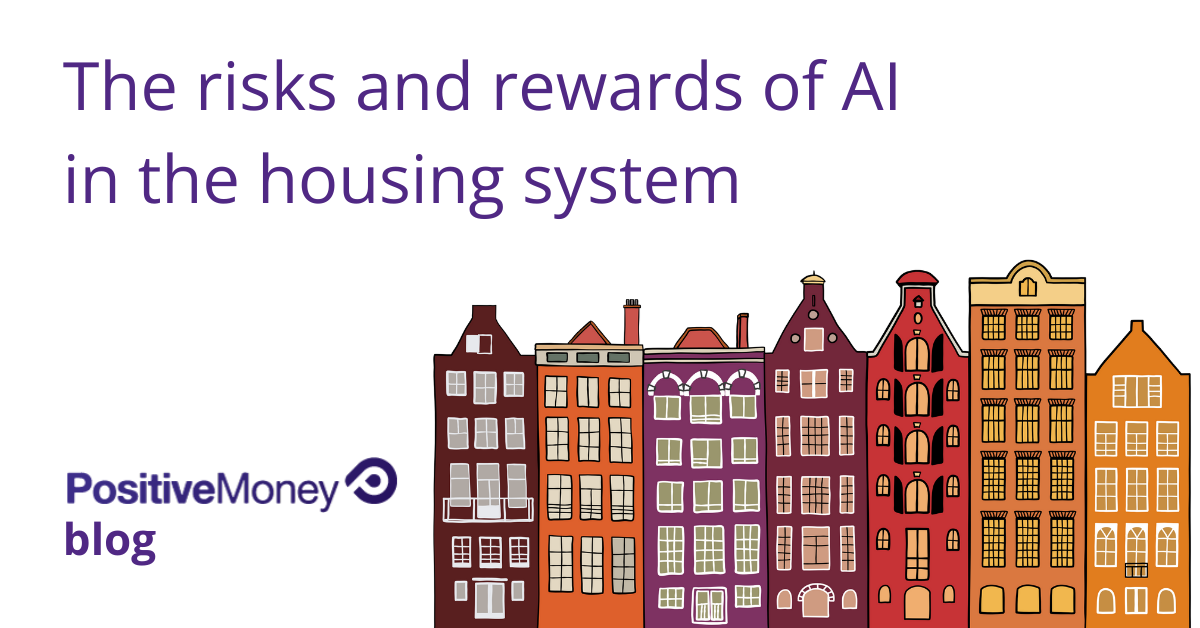Exploring the Risks and Rewards of AI in the Housing Market: A Comprehensive Analysis

The Risks and Rewards of AI in the Housing System
Source: Positive Money
Transforming Housing Management
- AI technologies such as Google Street View mortgage assessors and VR planning applications are altering housing management.
- These innovations offer a chance to improve living conditions but may also intensify the financialization of homes.
- The government is urged to intervene to prevent exacerbating the housing crisis through uncontrolled AI deployment.
Efficiency and Speed in Design
- AI is rapidly being adopted in architecture for design generation and project planning to reduce turnaround times.
- Despite potential time savings, raising concerns about the quality and execution of AI-driven designs is acknowledged.
AI’s Role in Real Estate Transactions
Streamlining Purchase and Sale Processes
- AI systems are being utilized for purchasing and selling homes, as exemplified by platforms like Entera and Zillow.
- Automated valuation methods could potentially streamline transactions but do not address underlying issues of housing affordability and quality.
Negative Impacts on Housing Affordability
- Research indicates inflation of house prices due to treating homes as financial assets rather than essential living spaces.
- AI can reinforce this trend by making housing transactions as efficient and profit-oriented as stock market trades.
Discrimination and Bias in AI
Risks of Prejudice in Decision-Making
- AI systems reflect existing biases present in their training data, which can lead to discriminatory practices in housing.
- Studies show that AI may amplify historical patterns of racial discrimination, heavily impacting minority groups' access to mortgages.
Surveillance and Privacy Concerns for Renters
- There are heightened risks for renters regarding surveillance and discrimination from AI tools used in tenant screening processes.
- AI's implementation in social housing raises concerns over privacy violations and and discriminatory outcomes.
Potential Solutions Using AI
Improving Planning Processes
- AI technology has the potential to simplify and enhance the planning application process, allowing for better municipal control over housing initiatives.
- Tools like Blocktype can aid in evaluating site viability, fostering more informed decision-making in community development.
Public Access to Housing Data
- AI can facilitate better access to housing data and engage the public in urban planning, improving community transparency.
- Efforts by organizations like JustFix aim to empower renters and promote fair housing practices through accessible technology.
Conclusion: Striking a Balance
While AI presents opportunities for innovation in the housing sector, careful consideration is essential to mitigate risks associated with bias, discrimination, and privacy violations. Proactive governance and community involvement are crucial for ensuring that AI is leveraged for equitable and sustainable housing solutions.




